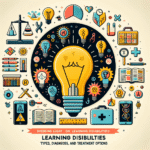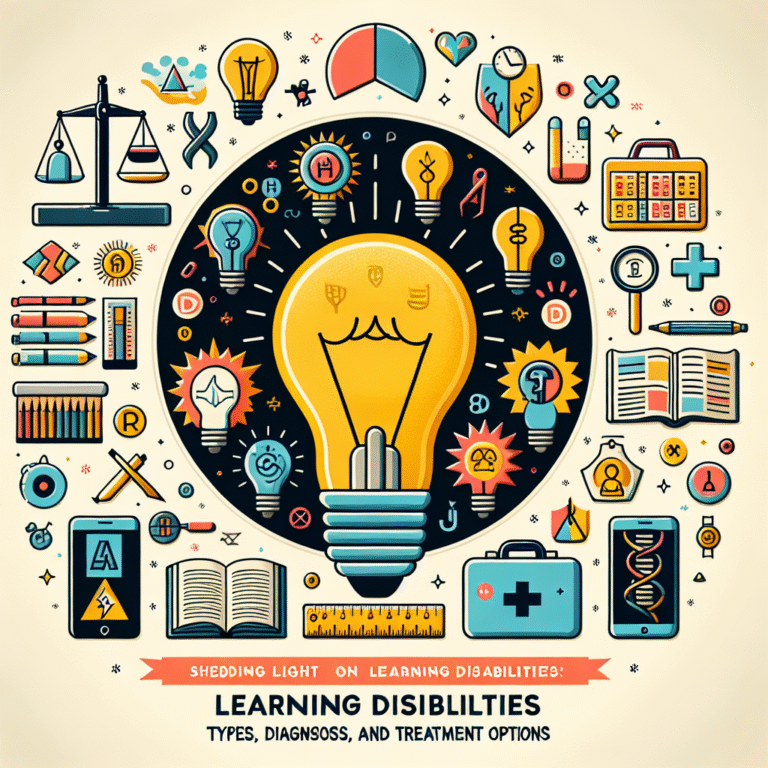
Introduction
Life is full of twists and turns—unpredictable changes that can shift our paths in ways we never anticipated. Whether it’s a personal loss, career shifts, or global events like a pandemic, the ability to handle change effectively is crucial for our mental and emotional well-being. Enter adaptive coping techniques—our lifelines during tumultuous times. In this article, we’ll explore powerful strategies that not only help you survive but also allow you to thrive amidst change.
The Importance of Adaptive Coping Techniques
Why focus on adaptive coping techniques? Simply put, these strategies are vital in turning challenges into opportunities. Unlike maladaptive coping mechanisms, which may provide temporary relief but lead to long-term issues, adaptive techniques promote resilience, foster emotional growth, and enhance our ability to navigate life’s uncertainties.
Understanding Coping Mechanisms
Before diving into adaptive coping techniques, it’s essential to understand what coping mechanisms are. At their core, coping mechanisms are strategies used to manage stress and difficult situations. They can be divided into two main categories:
Maladaptive Coping: Strategies that may provide short-term relief but ultimately lead to negative consequences (e.g., substance abuse).
- Adaptive Coping: Techniques that effectively manage stress while promoting personal growth and problem-solving (e.g., mindfulness, seeking social support).
Case Study: The Impact of Adaptive Coping
Consider the story of Sarah, a mid-level manager who faced significant changes during a company merger. Initially overwhelmed and anxious, she adopted adaptive coping techniques. By engaging in regular mindfulness meditation and maintaining an open line of communication with her team, Sarah not only adjusted to the changes but also inspired her colleagues to embrace new opportunities.
This case underscores the transformative power of adaptive coping techniques as essential tools for thriving in challenging situations.
The Toolbox: Effective Adaptive Coping Techniques
Let’s explore the various adaptive coping techniques that can help you navigate change more effectively.
1. Mindfulness and Meditation
Benefits: Mindfulness allows us to remain present, reducing anxiety about future uncertainties.
Practice: Daily meditation, even for just 10 minutes, can enhance your emotional regulation and resilience.
Table 1: Mindfulness Techniques
| Technique | Description |
|---|---|
| Body Scan | Tune into physical sensations to ground yourself. |
| Breath Focus | Concentrate on your breathing patterns to cultivate calm. |
| Guided Imagery | Visualize peaceful settings to reduce stress. |
2. Social Support Networks
Benefits: Connecting with friends and family can provide emotional sustenance and practical advice when facing change.
Practice: Regularly check in with a trusted friend or family member to discuss difficulties and share feelings.
Case Study: The Social Network Effect
During the COVID-19 pandemic, many individuals felt isolated. Maria, who had always leaned on her social network, turned to her friends virtually. By organizing weekly video calls, she not only maintained her mental health but also fostered deeper relationships. This case illustrates the power of social support as an adaptive coping technique.
3. Creative Expression
Benefits: Engaging in creative activities helps us process emotions and promotes personal expression.
Practice: Try journaling, painting, or playing an instrument as a form of emotional release and exploration.
4. Positive Reframing
Benefits: This technique allows you to shift your perspective on challenging situations, highlighting potential silver linings.
Practice: When faced with a setback, write down three positive outcomes that could emerge from the situation.
Example:
If losing a job instigates fear, reframing might reveal opportunities for pursuing a passion or starting a business.
5. Problem-Solving Techniques
Benefits: Actively working through challenges can reduce feelings of helplessness and empower action.
Practice: Use a step-by-step approach to identify problems, brainstorm solutions, and implement actionable steps.
Table 2: Problem-Solving Steps
| Step | Description |
|---|---|
| Define the Problem | Clearly outline what is troubling you. |
| Generate Solutions | Brainstorm possible actions or changes. |
| Evaluate Options | Assess the feasibility of each solution. |
| Implement a Plan | Take action on your chosen solution. |
6. Physical Activity
Benefits: Exercise releases endorphins, improving mood and reducing anxiety.
Practice: Aim for at least 30 minutes of moderate activity most days of the week, such as walking, dancing, or cycling.
Case Study: Physical Activity’s Role in Resilience
Mark, a healthcare worker during the pandemic, found relief from the stresses of his job through regular jogging. The physical activity not only improved his mental health but also allowed him to cope with the changes in the work environment effectively.
Navigating Change: Putting Techniques into Practice
While understanding adaptive coping techniques is vital, the real challenge lies in implementation. Here are some practical steps to create a personalized coping strategy:
Identify Your Stressors: Recognize the specific changes that are triggering stress.
Select Techniques: Choose two or three adaptive coping techniques that resonate with you.
Set Goals: Formulate specific, achievable goals around these techniques. For example, aim to meditate three times per week or call a friend every Sunday.
- Track Progress: Keep a journal to record your experiences, noting positive outcomes as you implement these strategies.
Conclusion
In times of change, the ability to adapt and thrive is not about ignoring the challenges we face. Instead, it’s about embracing adaptive coping techniques that empower us to navigate life’s uncertainties. By integrating practices such as mindfulness, social support, creative expression, and physical activity into our lives, we unlock our potential to not only cope but flourish.
Remember that change, while daunting, also brings opportunities for growth and transformation. By leveraging adaptive coping techniques, you can redefine your approach to life’s challenges—turning them into tools for lasting resilience.
FAQs
1. What are adaptive coping techniques?
Adaptive coping techniques are strategies that promote emotional well-being and adaptability in challenging situations, facilitating effective problem-solving and resilience.
2. How can I start implementing these techniques?
Begin by identifying your stressors, select a few techniques that resonate with you, and set achievable goals for practice.
3. Are adaptive coping techniques effective for everyone?
While these techniques can benefit many, effectiveness can vary based on personal circumstances. Tailoring strategies to fit your unique situation is essential.
4. Can adaptive coping techniques help during a crisis?
Absolutely! These techniques are designed to offer support during stressful times, helping individuals remain grounded and focused.
5. How long does it take to see improvements from these techniques?
Results can vary widely based on individual situations and commitment. Many people notice positive effects within weeks of consistent practice.
Leveraging the insights from this article, you can begin to transform how you experience change—turning potential setbacks into stepping stones for personal growth. Embrace these adaptive coping techniques as your essential tools for thriving in times of change.

















